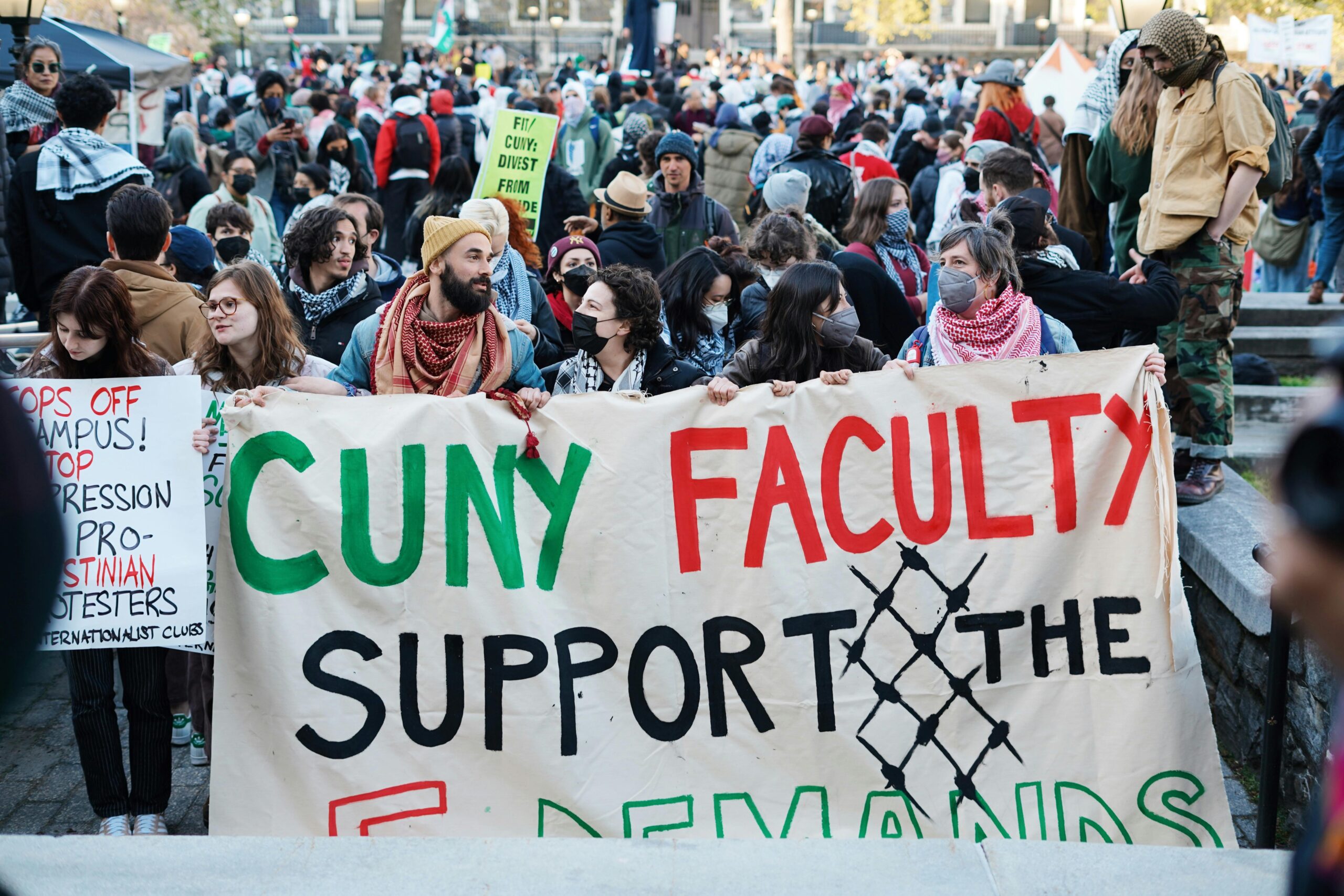“Is the Toyota Sienna yours?”
“Yes, why?”
“I am so so sorry, but I smashed your rear window.”
It happened as I finished a meeting at an office building and headed back to valet parking to retrieve my car. Visibly upset about what happened, the valet attendant didn’t stop apologizing.
“I apologize. I feel awful about what happened,” he kept on repeating. “You must be so upset.”
Truth be told, I wasn’t so upset. I was more baffled by this strange event. Oh, and I also felt terrible for him. I can imagine his supervisor admonishing him for this incident that could have happened to anybody.
Moments later, the supervisor showed up. As they vacuumed my car and fitted it with a plastic cover so I could drive back home, it was his turn to apologize. “You don’t have to apologize so much,” I said. “Clearly, God wanted me to be here for a while longer than expected.”
“Oh,” his eyes lit up. “Maybe you just avoided getting involved in a severe accident because you were late! I always say that if something bad happens to you, it’s because it will save you from something much worse!” I smiled because I expected that answer. “Actually, no,” I said. “Maybe because I am late, something incredible is going to happen? And if I left earlier, I would have missed it!”
Okay, so as far as I know, nothing extraordinary happened (yet!) because of this annoying incident. Still, I spent the way back home thinking about this idea.
When something goes wrong, we want to understand why. In our heart of hearts, we know that everything has a reason. So often, we will explain it to ourselves with this “something-bad-instead-of-something-worse” rationale. But the Torah teaches us a more profound understanding: these events prepare us for something great that will happen in the future. Every descent will, eventually, turn into an ascent.
Here is one example (taught by the Rebbe in Purim 1982). Every word in the Torah was carefully chosen. So much so, that even a seemingly extra letter is a cause for great debate in the Talmud.
Yet, when we study the Megillah (the scroll of Esther), we find many paragraphs that seem to be unnecessary. We read about the 180-day drunken party hosted by Ahashverosh; his short temper when he sentenced Vashti to death there and then; and so on. And then, when discussing Mordecai, the Megillah points out that he has “been exiled from Jerusalem with the exile that was exiled with Jeconiah, king of Judah, which Nebuchadnezzar, king of Babylon, had exiled.”
Why is this information important? Because every detail in this story was setting the stage for the great Purim miracle!
The drunken party, Vasthi’s execution, and even Nebuchadnezzar’s exile—yes, that great tragedy that befell the Jewish people—was all a prelude to the great Purim miracle. Mordechai and Esther were positioned to help and save the Jewish people only because of all of these events.
As we are about to celebrate Purim and listen once again to the reading of the Megillah, I hope that I can always remember this lesson. Setbacks in life—and please God, keep them as minor as the broken windshield—are custom designed for our own good. Hopefully we can relax and enjoy the ride.
Rabbi Mendy Kaminker is the rabbi of Chabad Hackensack. He can be reached at [email protected].













